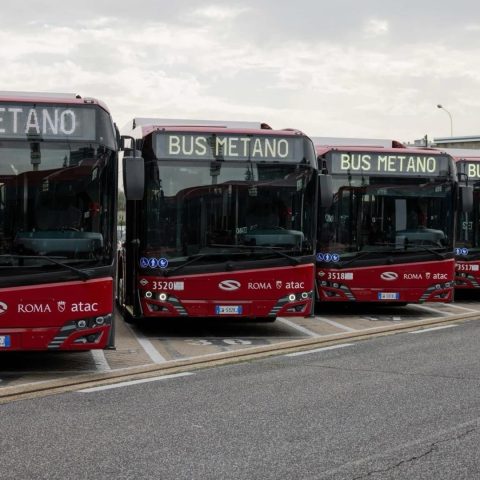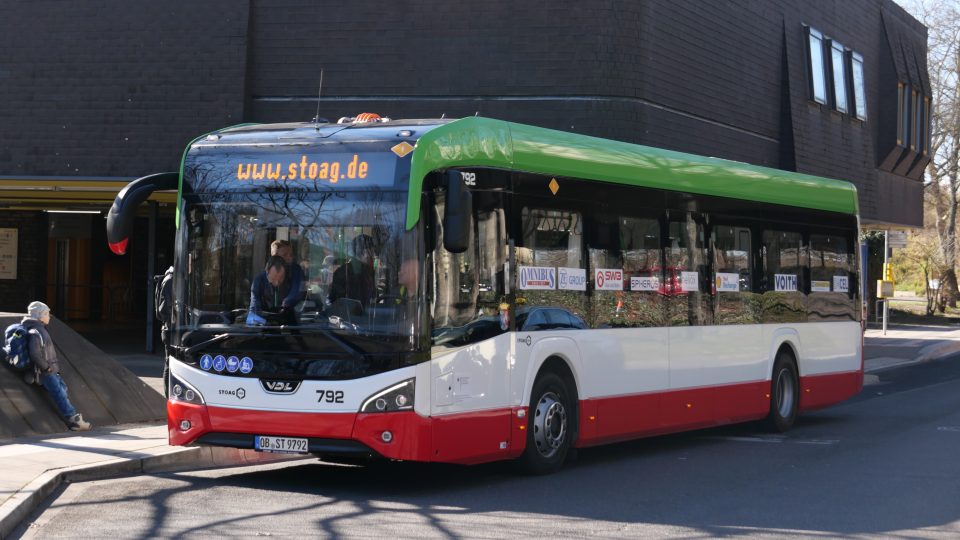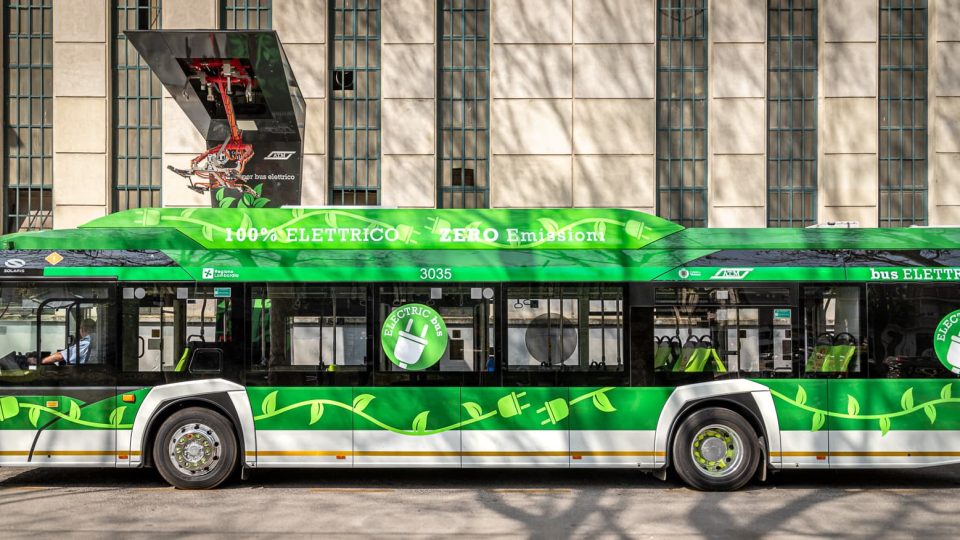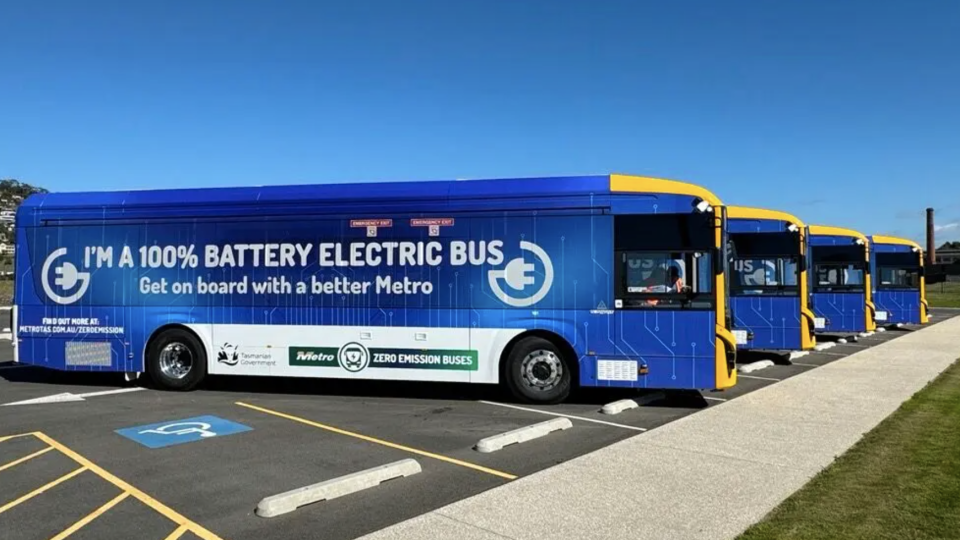In Italy investments on methane buses are on the rise: Consip tender is coming (+700 buses)
In Italy, recent investments reflect a significant interest towards methane-powered buses as part of the country’s strategy to modernize its public transport fleet with low-emission options. With initiatives from both the national procurement body Consip and the Puglia Region, both released during the last week, methane-fueled buses are seeing renewed attention and funding, as reported […]

In Italy, recent investments reflect a significant interest towards methane-powered buses as part of the country’s strategy to modernize its public transport fleet with low-emission options. With initiatives from both the national procurement body Consip and the Puglia Region, both released during the last week, methane-fueled buses are seeing renewed attention and funding, as reported on Italian trade media Autobusweb – sister media of ours.
Consip is preparing a tender for over 700 CNG and LNG buses
Following two major tenders for zero-emission buses, central purchasing body Consip is now preparing a new tender specifically for compressed natural gas (CNG) and liquefied natural gas (LNG) buses.
The announcement, made in a preliminary information notice on October 30, is for a tender expected to be published on November 28. This initiative marks a return to gas-powered buses for Consip, which previously issued a similar tender in 2022. Notably, deliveries from that tender are underway, with Solaris recently supplying 244 CNG buses to Rome’s transit agency, ATAC.
The new Consip tender involves a framework agreement valued at up to €447 million, covering a total of 730 buses across four categories:
- Lot 1: 80 CNG buses (8 meters) divided between Class I and Class II, valued at €23 million.
- Lot 2: 110 CNG buses (10 meters) in Class I, worth €42 million.
- Lot 3: 450 CNG buses (12 meters), the largest lot, with a total value of over €182 million.
- Lot 4: 90 LNG buses (12 meters, Class II) at nearly €39 million.
This tender follows Consip’s recent framework agreements focused on zero-emission vehicles, which resulted in over 1,500 electric and hydrogen buses ordered by public entities.
Puglia reallocates funding for CNG buses
The Puglia Region has also prioritized investments in methane buses, reallocating funds from the National Strategic Plan for Sustainable Mobility (PSNMS) to increase support for extra-urban CNG buses. As part of this shift, around €26 million will be allocated to replace aging extra-urban vehicles, especially those rated under Euro 2 and Euro 3 environmental standards, which will soon be phased out. This reallocation reduces the portion dedicated to electric urban buses from 60% to 30% and raises funding for methane-powered extra-urban buses from 28% to 70%.
Additionally, Puglia has already ordered 148 CNG buses from Iveco and Otokar, thanks to PNRR funding, with deliveries currently in progress.







